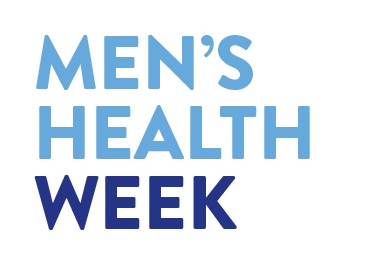Men are over 35% more likely to die from cancer than women in the UK. And this difference is even starker when breast cancer and sex-specific cancers such as prostate and ovarian are removed from the analysis – men were then 67% more likely to die.
The report Excess Cancer Burden in Men produced by the MHF, Cancer Research UK and the National Cancer Intelligence Network was presented at the MHF's expert round-table in London and also highlighted that younger men, under 65, were at particular risk. They are 58% more likely to die from cancers that affect both men and women.
A further report, ‘Men and Cancer: Saving Lives’, authored out by the Men's Health Forum collates cancer experts’ presentations and opinion from the seminar in 2013. Experts concluded that there are almost no known biological explanations for higher rates of cancer in men. That does not mean there never will be any biological explanations - 35% of cancers still have no known cause, so some may have biological explanations. That 35% is likely to remain unexplained for some time to come.
The MHF says that health services must act to deliver awareness and screening that targets men and saves lives.
The policy ideas that had the most support among the audience at the seminar are:
- That a wider range of cancer data should be collected. That these data should routinely be published in gender-disaggregated form and made more easily accessible to policy makers and practitioners.
- That GP surgeries and other primary care providers should be required to make more effort to reach out to men, especially those men in particular sub-groups who are known to be poorer users of services.
- That the HPV vaccination programme should be extended to include boys.
- That there should be greater regulation of lifestyle-related risk factors such as smoking, alcohol intake and unhealthy foodstuffs.
- That we should incentivise health providers to improve services for men and that we should consider health improvement interventions that incentivise men to participate.

